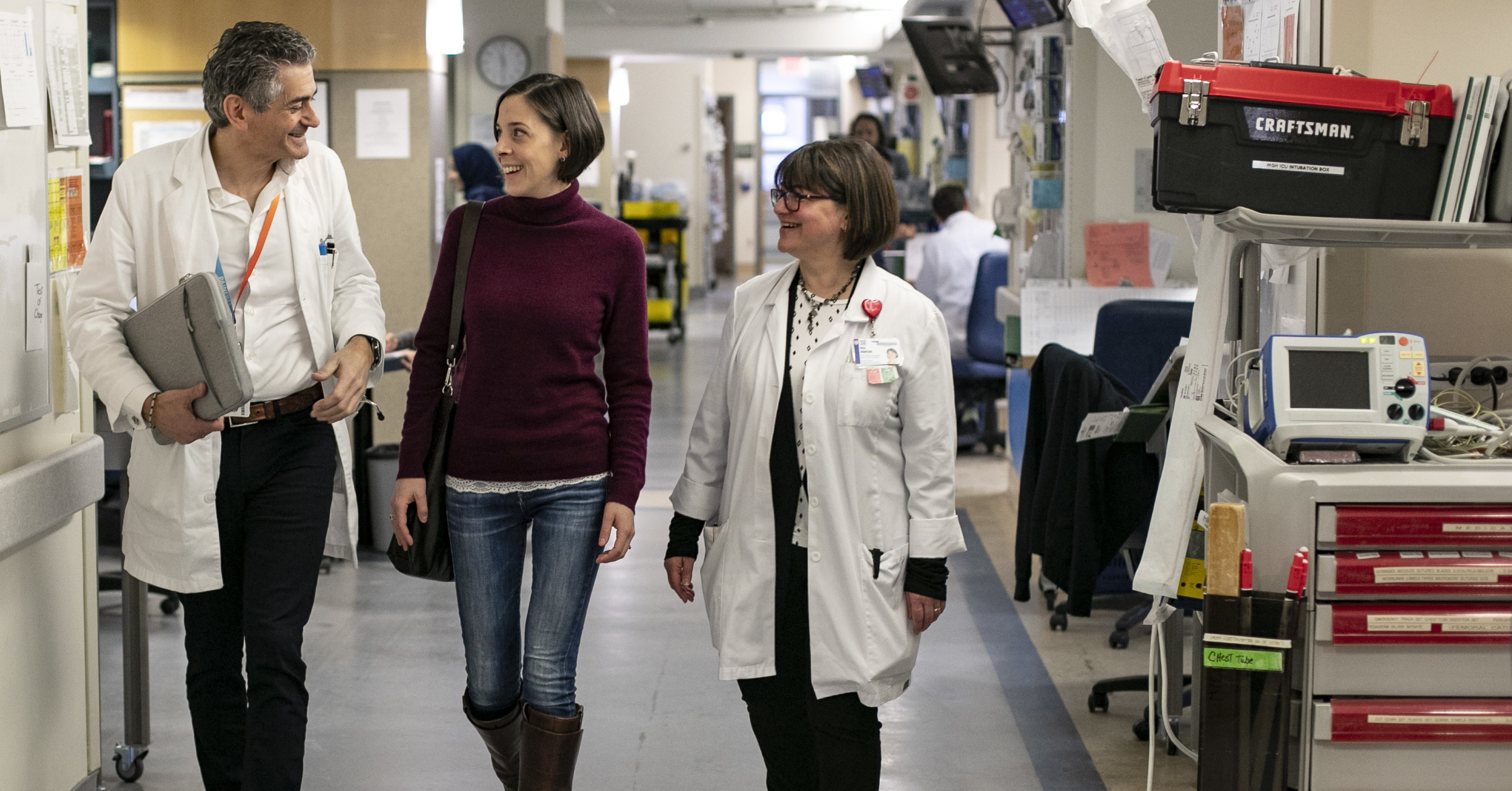Research: Helping Our Patients Become Parents
Did you know that nearly one in six Canadian couples experience fertility problems? It’s not surprising that many seek medical help to start a family.
Luckily, methods such as artificial insemination and in vitro fertilization help many overcome their difficulties. But these methods aren’t successful for every couple.

Even after multiple attempts, some couples are unable to have children. If this is the case, their attending physician will order a series of tests to discover the source of the problem, following a specific protocol.
But why is it that some women have normal test results and can’t have children?
This is what Dr. Geneviève Genest, a physician and researcher at the Montreal General Hospital, is trying to find out.
Her research focuses on women who are incapable of becoming pregnant or carrying a fetus to term despite test results that appear normal.
Her hypothesis? The problem may be down to a uterine immune system imbalance.
Did you know that a woman’s uterine immune system is a highly specialized mechanism equipped to accommodate pregnancy? In addition to protecting mothers and babies against microbial infection, it plays a fundamental role in conception and sustaining a pregnancy. It also accepts spermatozoa and the fetus as though they shared the mother’s DNA.
At this time, imbalances in the uterine immune system are extremely difficult to diagnose due to an absence of non-invasive tests. However, this medical condition is probably treatable with immunoglobulin, a medicine that is already on the market and approved for use by pregnant women.
At the Montreal General Hospital, fifteen women who were thought to have this kind of imbalance were treated with immunoglobulin under the supervision of Dr. Genest and her mentor, Dr. Gold. Although these women constitute a very small sample, the initial results are promising: thirteen participants now have a child!

Before victory is proclaimed, two major steps are needed. First of all, a safer and more precise way of diagnosing this immune system disorder must be found. Once this is accomplished, researchers must be able to prove that immunoglobulin actually helps women with this problem.
Dr. Genest’s research therefore aims to develop standardized protocols for testing, and to establish a clear correlation between immunoglobulin use and successful pregnancies.
Already, hospitals in Quebec and Ontario have demonstrated an interest in taking part in this research project.
If you would like to support Dr. Genest’s research, please make a donation online or give us a call: 514 934-8230.







